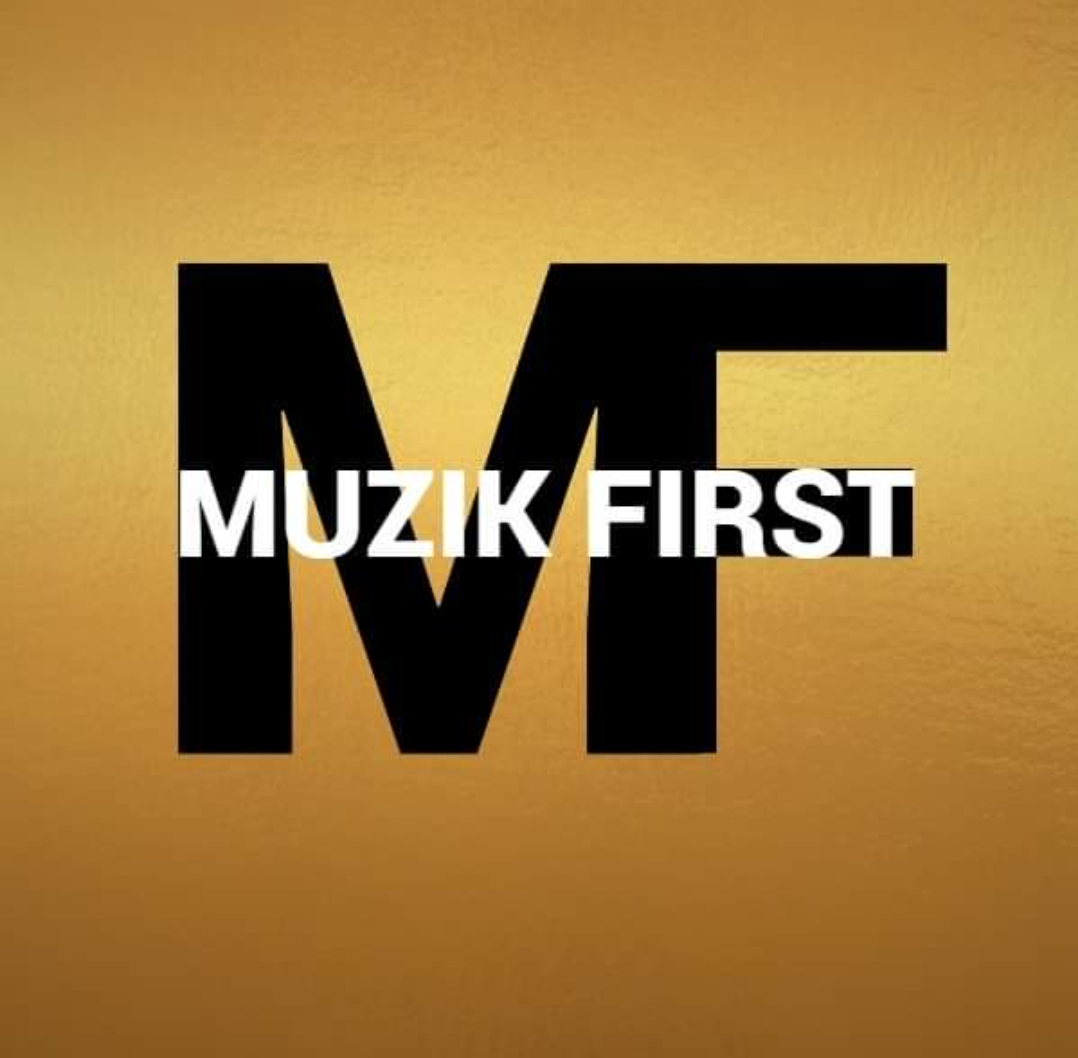ARTIST OF THE MONTH: ELTON JOHN
- Muzik First

- Apr 4, 2022
- 4 min read

We run down the colossal and breathtaking works by the genuinely excellent artist Elton John as he is our Artist Of The Month. Collaborating with lyricist Bernie Taupin since 1967, John is one of the most successful artists of all time, having sold over 300 million records in a six-decade career in music. We will run down four albums every post and go through his incredible catalogue. Enjoy!
Honky Chateau (1972)

Considerably lighter than "Madman Across the Water," "Honky Chateau" is an exuberant collection of ballads, rockers, blues, country-rock, and soul songs. On paper, it reads like an eclectic mess, but it plays as the most focused and accomplished set of songs Elton John and Bernie Taupin ever wrote. The skittering boogie of "Honky Cat" and the light psychedelic pop of "Rocket Man" helped send "Honky Chateau" to the top of the charts, but what is truly impressive about the album is the depth of its material. From the surprisingly cynical and nasty "I Think I'm Gonna Kill Myself" to the moving ballad "Mona Lisas and Mad Hatters," John is at the top of his form, crafting immaculate pop songs with memorable melodies and powerful hooks. While Taupin's lyrics aren't much more comprehensible than before, John delivers them with skill and passion, making them feel more substantial than they are. But what makes "Honky Chateau" a classic is the songcraft and the way John ties disparate strands of roots music into distinctive and idiosyncratic pop -- it's one of the finest collections of mainstream singer-songwriter pop of the early 70s.
Don't Shoot Me I'm The Only Piano Player (1973)

Elton had established himself as a true pop star with 1972's "Honky Chateau;" he not only proved that he was capable of channelling his jazz and blues influences into being a classic rock artist but also one capable of dominating the pop charts as he would in the following years. With 1973's "Don't Shoot Me I'm Only the Piano Player," Elton followed his winning formula and built upon the aspects that had made that effort a pop one. Designed as a pastiche of classic and contemporary pop styles, the album almost sounds like an attempt to demonstrate the diversity of Elton and Bernie's songwriting partnership. Despite the inherent unevenness of the album, there is no denying that the hits are remarkable as always, in particular, the moving ballad "Daniel" and the delightfully sly take on 50's rock and roll "Crocodile Rock," but also the other strong, and underrated songs would be the knowing "I'm Gonna Be a Teenage Idol," and the rocking statements "Elderberry Wine," "Teacher I Need You," and the grand closer "High Flying Bird." A delightful piece of well-crafted pop-rock and definitely one of his best albums.
Goodbye Yellow Brick Road (1973)

1973's "Goodbye Yellow Brick Road" was designed to be the blockbuster that broke Elton out of the realm of the cult star and established him as a household name in pop music, and it was. Before what many deem as his best album, the spotlight on Elton was on the hit singles that sprang from each of his albums, but with "Goodbye Yellow Brick Road," it pushed itself further than just a collection of songs but a statement of purpose that spilled over two-sides, which was all the better to showcase every element of Elton's spangled personality. Listeners are greeted with a more determined Elton when exposed to the opening track, an extended melodramatic exercise "Funeral for a Friend/Love Lies Bleeding"; perhaps as prog as Elton ever got, embracing excess, experimentation, a little pomposity, but tunefulness all the way through. This is emphasized further when Elton immediately switches to two of his best and most powerful ballads, the title track and the ode to Marilyn's "Candle in the Wind." This was truly the debut of Elton John, the entertainer, the pro who knows how to satisfy every segment of his audience, and this eagerness to please means the record is giddy but also overwhelming, a rush of too much muchness. Still, taken aside at a time, or even a song at a time, it is a thing of wonder, serving up such perfectly sculpted pop songs as "Grey Seal," full-bore rockers as "Saturday Night's Alright for Fighting" and "Your Sister Can't Twist (But She Can Rock & Roll)," cinematic ballads like "I've Seen That Movie Too," throwbacks to the dusty conceptual sweep of Tumbleweed Connection in the form of "The Ballad of Danny Bailey (1909-34)," and preposterous glam novelties, like "Jamaica Jerk-Off."
Caribou (1974)

1974's "Caribou" marks the point in Elton's career where he began to tone down the image of the young, ambitious rocker and drift towards the bombastic, glamorous showman that would characterize the music of his late 70s - early 80's output and beyond. This can be argued as being evident within the music itself; the standard rock arrangements are infiltrated by the flourishes of new wave technology such as Moog synths and keyboards, with more substantial reliance on horn sections. Anyone would tell Elton not to mess with a winning formula, considering how successful each of his albums throughout the early 70s had been. Still, the experimentation is felt here and perfectly executed. Many of the tracks on Caribou arguably rank amongst his greatest hits; "The Bitch is Back," "Pinky," "Grimsby," "Don't Let The Sun Go Down On Me," even if Elton's approach to the music this time around does not best his other albums. Still, "Caribou" is a classic.



Comments